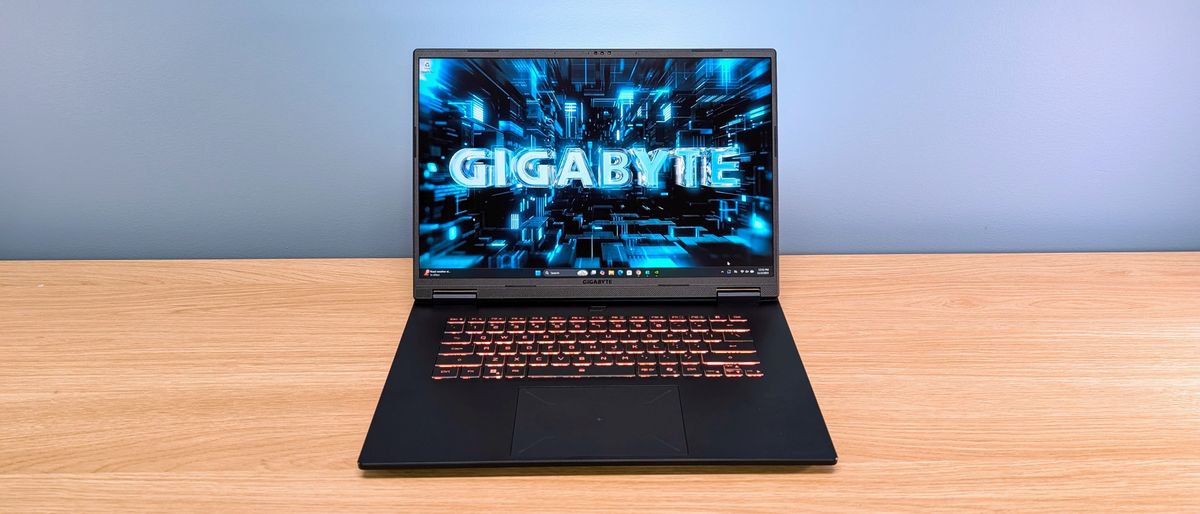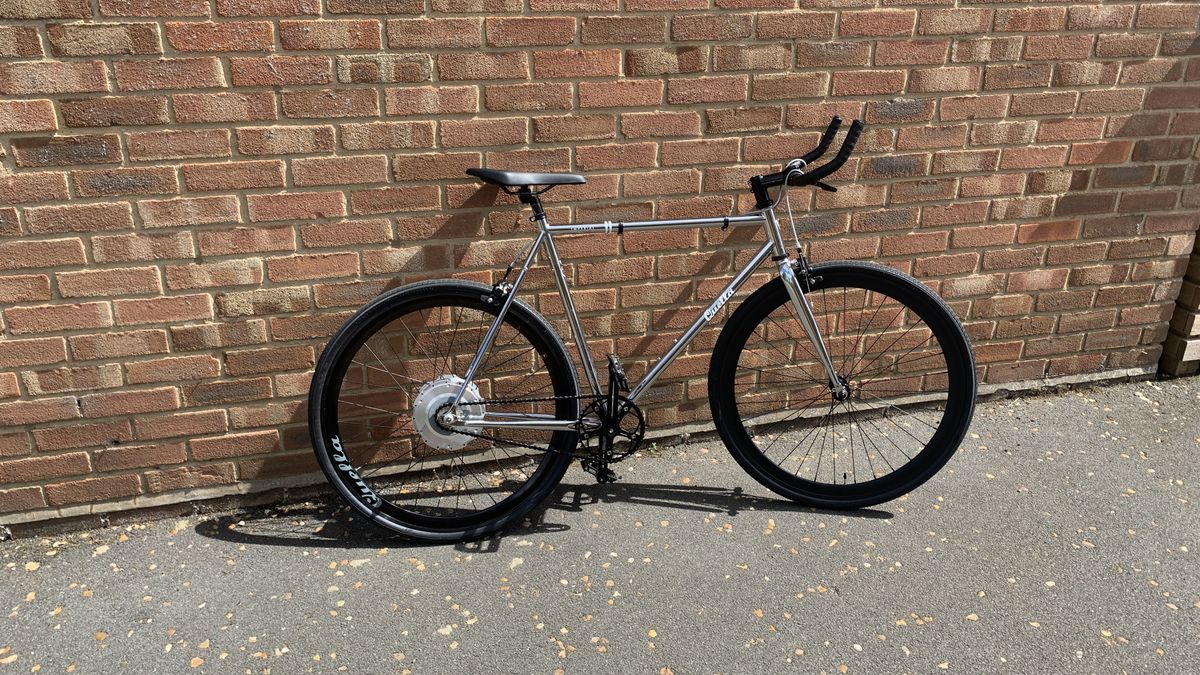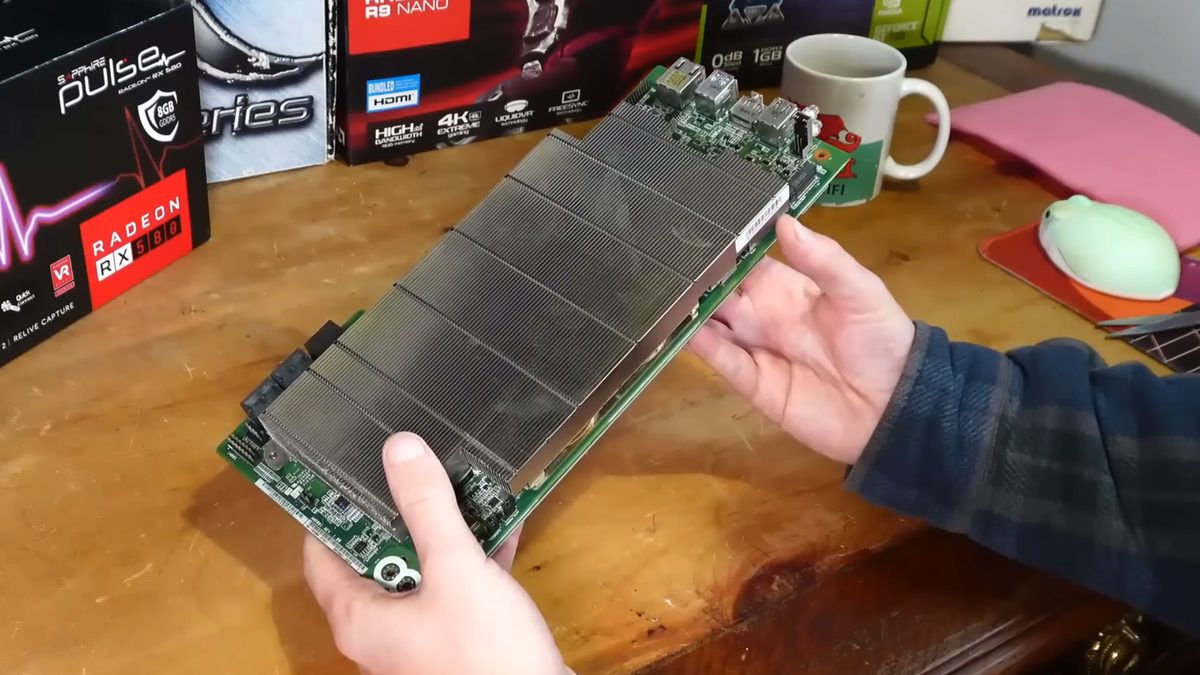Just two weeks after Nintendo's Switch 2 launched, Chinese resellers have reportedly already acquired production-line motherboards of the console, now offering them for just $120 on local marketplaces like Goofish via HXL on X (formerly Twitter).
The reseller's images depict a panelized PCB design, a manufacturing technique in which multiple individual PCBs are arranged on a single PCB during production. In later stages, manufacturers and assemblers, like Foxconn in the case of the Switch 2, separate or depanelize them.
Notably, the individual PCBs are identical to those in an official retail version, with the same marker stamps, likely applied during verification. The marketplace variant is missing a few metallic shielding layers for important components, but that's as close as you'll get to the official thing.
Based on out-of-warranty repair prices we scoured Nintendo Japan, the company charges $175 to repair or replace the PCB, making this aftermarket option cheaper if you opt for third-party repair services. We're unsure if Nintendo uses component-level ID verification to pair each part to a specific PCB, which could severely impede aftermarket repairs.
Not a waste of PCB at all...https://t.co/hGm3LcwvSC pic.twitter.com/Z9CtdHi0d3June 20, 2025
While it'd be interesting to see if someone can build a Switch 2 from the ground up using this motherboard and other third-party components, that remains a pipe dream due to limited parts availability, as the console has just launched. The PCB hosts Nvidia's custom Tegra T239 SoC, which is said to feature 8x Arm Cortex-A78C cores, alongside an Ampere-based GPU with 1,536 CUDA cores, believed to be based on the GB10 die. The SoC likely isn't that expensive to manufacture, since it is shown to use a blend of Samsung's aging 8nm and 10nm technologies, while both Arm and Nvidia IPs date back to 2020.
In a recent durability test, the Switch 2 survived being smashed with pliers 50 times. Ironically, the same screen gave way to punctures from GameStop employees stapling receipts to the console box at launch. After lowering the original Switch's repairability score from 8/10 to 4/10, iFixit gave its successor an even lower score of 3/10. While this is a worrying trend, consumers will likely only face issues once Nintendo's official warranty lapses or if the company declines to repair their device.
Follow Tom's Hardware on Google News to get our up-to-date news, analysis, and reviews in your feeds. Make sure to click the Follow button.

 4 months ago
58
4 months ago
58








 English (US) ·
English (US) ·